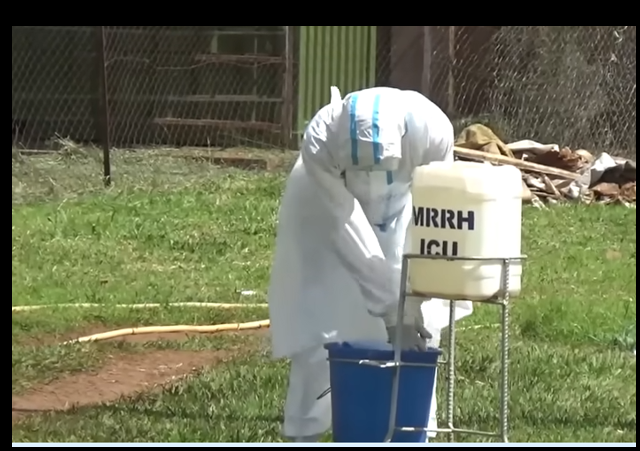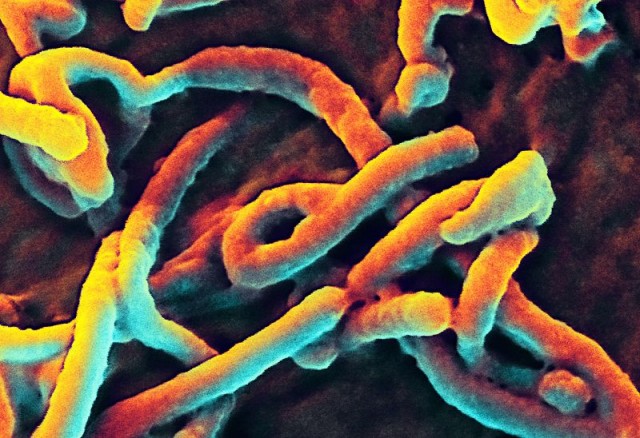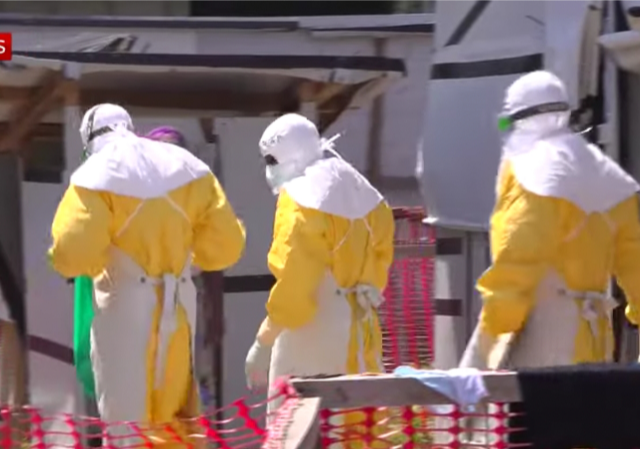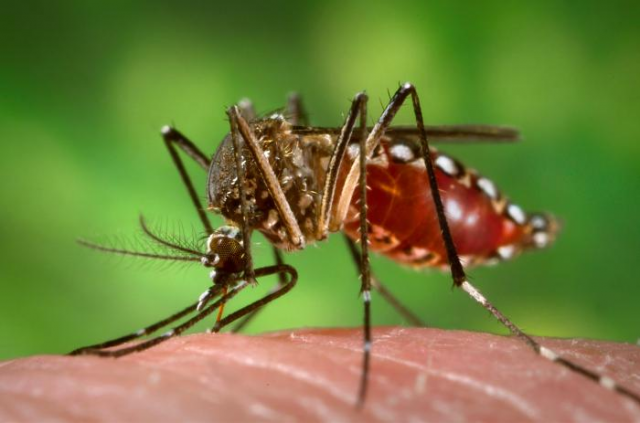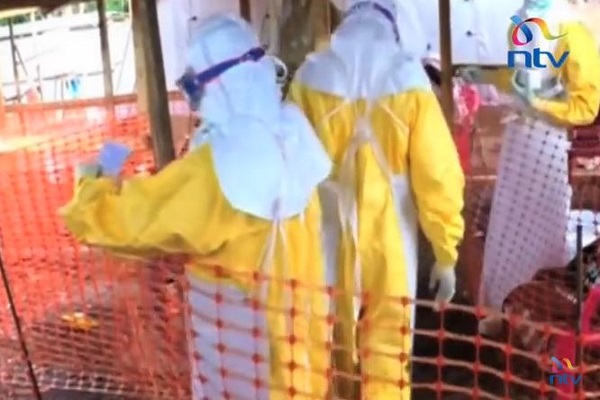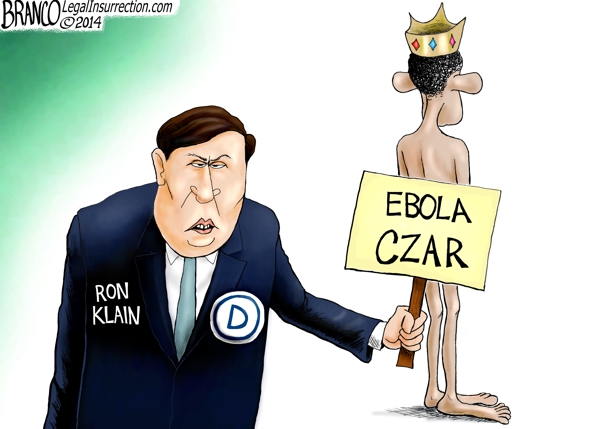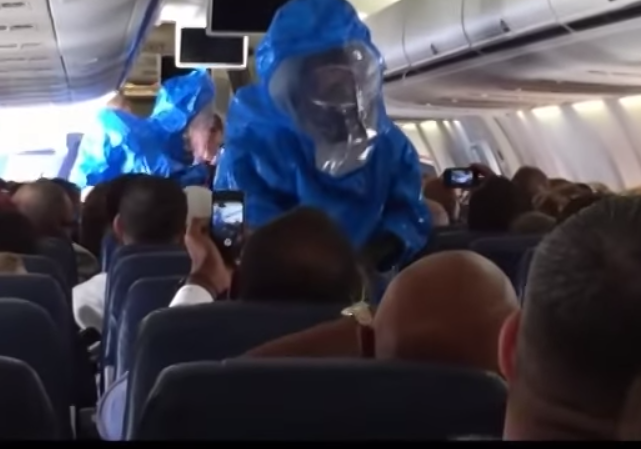Finally, a little good news to share with Legal Insurrection readers about epidemics.
It looks like we're declaring victory on our "War with Ebola".
Recall that after after outrage at this administration's "Keystone Cop" style response to America's first Ebola patient, President Obama appointed
political operative Ron Klain as Ebola Czar.
He was slated to leave office in March, but now that
date has been pushed up:
Ron Klain, the Obama administration's point man in the fight against the Ebola virus, will leave the administration on February just shy of three months after he stepped in to coordinate the government's response to the crisis at home and abroad.
In an interview on "Face the Nation" in late December, Klain said that the American people should be "proud" of the work done by Centers for Disease Control and Prevention (CDC) and praised the generosity of Americans who had traveled to West Africa to help provide medical treatment and other services.
The World Health Organization said Wednesday that the fight against the disease had moved to a "second phase" focused on ending the epidemic rather than slowing transmission. There were fewer than 100 new confirmed cases last week in the three hardest-hit countries since the end of June 2014.
It is standard practice of political operatives to take modestly good news about a small battle and declare outright victory in a war. So, let's take a look at the number the World Health Organization has reported. While the number of cases on one West African region has fallen,
there are troubles elsewhere on the continent:


